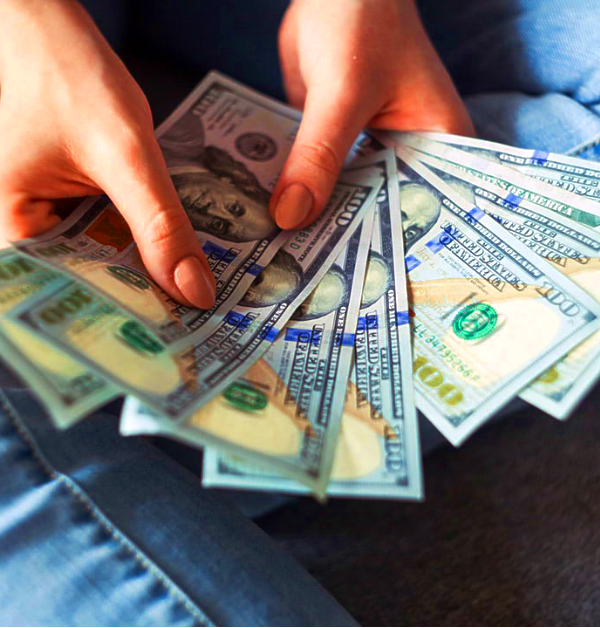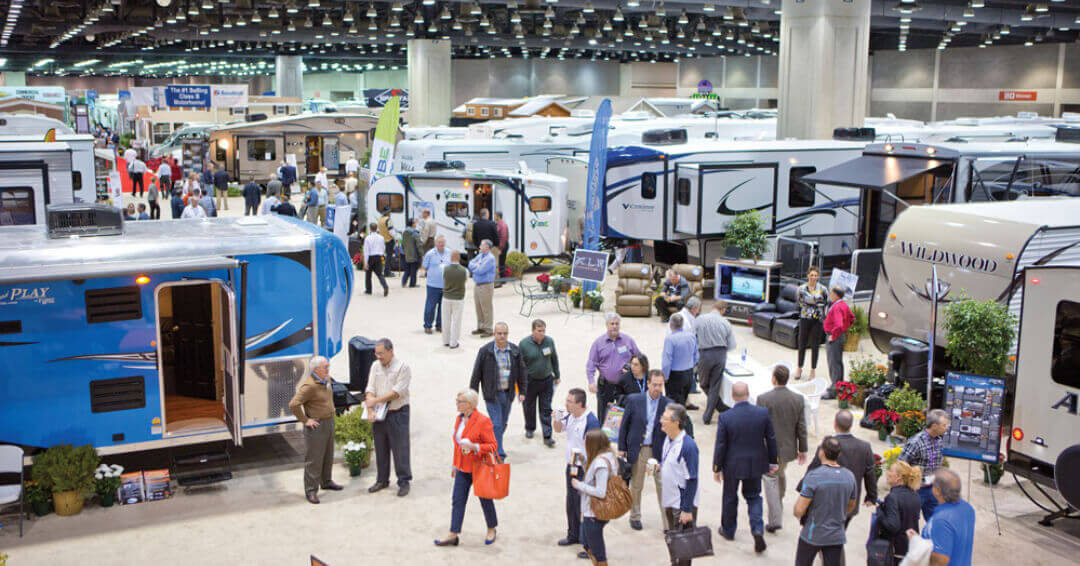More of the Best Tips on Negotiating the Price of an RV
Why settle for a few points off the list price when you can negotiate up to 30% off or more?
RV buyers often miss out on great discounts when purchasing their next motorhome. Why settle for a few points off the list price when you can negotiate up to 30% off or more? You can also negotiate better terms and vehicle upgrades if you know what to look out for.
In a previous post, Alan Wiener shared some tips on how his wife uses negotiation to get the best price on an RV. Focusing on the challenges and benefits of negotiating with dealerships, this post shares a few more tips to help secure an even better deal.
Explore the Dealership's Financing
Can the dealer offer better financing than your bank?
With stiff competition among financial institutions, RV buyers have a host of financing products to choose from. Banks, credit unions, and other third-party services are skilled at waving tempting financing offers under your nose. Yet, no matter what deal a third-party institution may offer, the dealer can usually beat them.
Check for Specials and Discretionary Offers
The best negotiating classes teach trainees that timing is critical in locking down your best deal. It can pay to be patient and wait for your preferred dealer to advertise promotions and specials. Examples of specials are 0% APR for the first year or dramatic price cuts if you finance with the dealer.
However, sometimes you can't wait for specials. Maybe you have an upcoming trip and want to make sure you’re ready. If you can't wait for specials, you can ask the dealer if there are any discretionary offers available. Often, dealers have specials on financing that they can offer.
Let the salesperson know if you're not able to buy without being offered a workable financing deal.
Come Prepared
Make sure you prepare your financial documents well in advance and include multiple loan quotes for comparison. The dealer may sweeten the deal by offering more flexible terms to beat third-party offers. Have a firm budget in mind, but prepare to be flexible if the conditions are right.
Pay Cash
Time has a value to dealers, so pay cash and get your discount.
Buying on credit comes with risks for the dealer or financing company. Some buyers may adjust their repayments and end up taking much longer to pay. Some buyers might even default on the loan. Even though the dealer can repossess the RV when the buyer defaults, the repo costs are high. Also, the RV may have damages or be beyond repair by the time the dealer repossesses.
Business classes often advise buying in cash to save on financing costs. So, if you can pay cash, take the opportunity to ask for a cost reduction in return. Because buying in cash ensures dealers get their money upfront, dealers tend to be more receptive to making a deal. Plus, you save on the interest costs.
Make your cash offer to a few dealers and check which one can give the greatest discount. When you’ve found your best offer, let the other dealers know the offer you’ve received. This gives the other dealers a chance of bettering that deal. When there’s competition, some dealers may try to outbid the other, offering you even higher discounts and better terms.
Bargain on After-Sales and Free Maintenance
Don't Miss New Year Savings! Good Sam Travel Assist Plans Starting at $59.95! Learn More!
Point out if other dealers are offering free maintenance, which will reduce the buyer’s overall costs.
The cost of an RV can add up to more than the base pricing. A short-term warranty can cost you a lot in the long run. If your dealer is offering a shorter-term warranty than a competing dealer, ask for a higher discount.
Figure out how much each extra year under warranty could be worth. Keep in mind that each additional year is worth more since the longer you own the RV, the more likely the RV may break down.
Apart from warranties, the dealer could undertake other after-sales services to ensure habitation standards and a smooth engine run. Some service standards you can use in RV price negotiations include:
- 90-point habitation check and service, especially for household aspects such as boilers, damp-proof testing, electrical circuitry, and water systems.
- RV history check service, especially for water damage and previous accidents.
- Annual preventive servicing, especially for engine, exhaust, and suspension.
- Regular carbon monoxide checks.
- Exterior wash and polish.
In negotiation classes, trainees learn to look beyond base pricing. Find out how much you can save by leveraging dealer offers of free maintenance and after-sales services.
Negotiate on Risk
If the dealership hasn’t been in business for long, point out how you may lose out if the dealership closes down.
Buying from an RV dealership that hasn't been in business for long can be risky. The dealership may close down, leaving you with an unfulfilled warranty. Sourcing for parts and service can be a hassle if the dealership doesn't have outlets in other locations. You don't want to be stuck on the road for days waiting for a service crew or parts
Let the dealer know you're aware of the risks. New businesses might be more eager to attract buyers to build their brand. Also, the salesforce for new companies may be hungrier for sales and be more willing to negotiate.
Work with a Friend
Negotiate together to buy two units if the dealer agrees to lower the unit price and throws in some extras.
It's very rare for one person to need two or more RVs. So, if you know a friend who also wants an RV, buying together can work to your advantage. If you’re not already a member of an RV club, then visit a few to ask who is also in the market for an RV.
Buying two RVs provides the dealer with a greater incentive not to lose the increased sale—and if you can team up with more than one friend, well, the more the merrier. Buying in bulk boosts your negotiation strength. Plus, you now have a bunch of friends to go RVing with.
Do you have any suggestions or comments on this topic? You can add them to this page by using the comments section located below.





